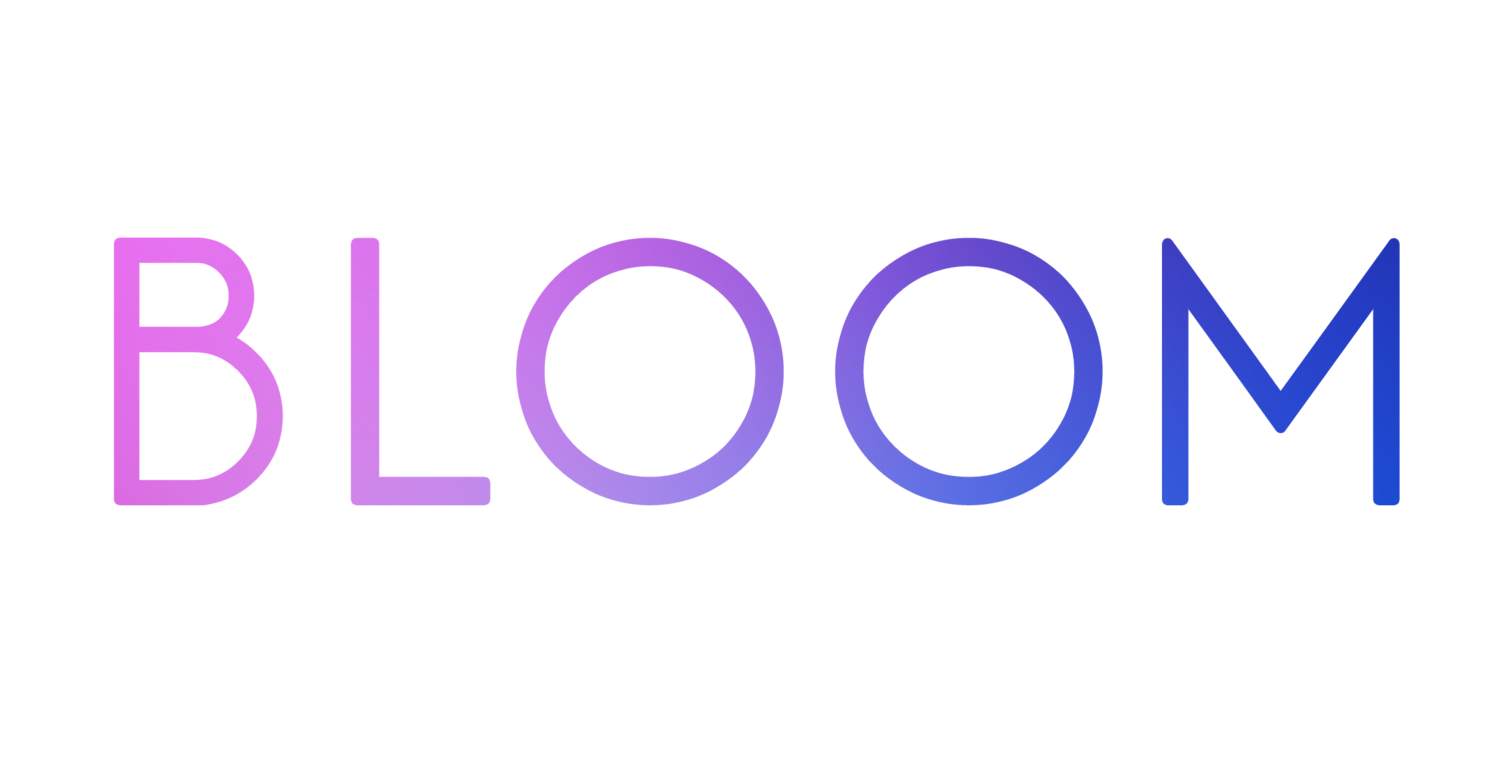(Over)sharing: let’s normalise women’s health in the workplace.
By Anneka Vestey.
I’m an oversharer. Always have been, always will be. And as part of that I am a big believer in being open and honest about things, no matter what. Which is why I have absolutely no qualms about talking to everyone and anyone who’ll listen about my period. Yep, you read that right: my PERIOD. Be they painful, heavy or just downright gross, I really don’t shy away from getting into the detail about it.
One of the reasons I am so comfortable talking about my period is because for the last four years they have been incredibly painful. And it’s almost impossible for me not to talk about them, because once a month I am doubled over in pain, unable to move or at worst passing out if I don’t get to the painkillers quick enough. I have really struggled with this, because, as you would expect from a Production lead in a fast-moving advertising company, I don’t like to be slowed down by anything and it frustrates me that once a month for a couple of days I have to take things slower or worse, not even turn up at all.
And in most workplaces, there’s the secrecy. We’ve all been there: asking a colleague under your breath for a tampon, shoving it down your sleeve because god forbid everyone will KNOW you’re “on” if you take your bag to the toilet…our periods are a constant source of shame that we are just not willing to bring into our working lives, even if it has a major impact on our health.
But the first time it happened at my current agency, I made a conscious effort to tell my bosses (all male) exactly why I was going to be late for work that day and to tell my colleagues (both male and female) why I sat at my desk with a hot water bottle. It was really important for me not to lie about it and just as important to see them take it seriously. They never made me feel guilty, or ashamed or like I was being difficult, which was a huge relief.
But that got me thinking. Why should that be a relief? And why should I expect to be made to feel guilty about it? What’s there to be ashamed of? It’s a completely natural thing that almost all women go through, or have gone through, every single month, yet it was something that I had to feel emboldened to be honest about at work.
It’s not just periods. We’re encouraged to not tell anyone about a pregnancy until 12 weeks “just in case” something goes wrong, but from experience I can tell you that it’s when that something goes wrong that you need the support from your workplace even more.
And then menopause, which is something I am ashamed to admit I knew very little about until recently because we just don’t talk about it. But menopause can affect women in so many different ways and the lack of understanding and support for them at this time means so many are leaving the industry to pursue other careers, leaving younger staff without experienced female role models.
Why are we so afraid to talk about women’s health in the workplace? We spend more time there than anywhere else, yet we still feel unable to talk about stuff that is as natural as getting out of bed in the morning. It’s because traditionally, our workplaces have never exactly been safe spaces for us to talk about it. We keep it quiet because we fear for our jobs. We keep it quiet because there are no HR policies that relate to us or the issues we may be experiencing, nor is there anyone in the business we feel we can talk to without fear of recrimination.
At every stage of our lives, we are being asked to overlook our own needs, desires and even health, to be a certain version of a woman that we think our companies expect us to be. Without getting much in return. Now, more than ever, companies need to be fighting to retain the women that work for them and attracting female employees who can help raise up younger talent to new levels, not shaming them into leaving or pursuing a less demanding role.
Which is why I was proud to spearhead the development of CONTENTED’s new female friendly workplace policies, along with fellow Bloom member Lucy Barker of Human Nature HR, who helped me to recognise that in order to create a policy that supported women, we were actually creating a policy that supported everyone. So, it covers everything from equal opportunities and gender neutrality in recruitment, to flexible working, menstrual health, parental leave, gender reassignment and much, much more because we want anyone that works for or is thinking of working for us, to know that we are an employer that carefully considers the needs of all its staff.
We are learning all the time and we know that it won’t be perfect, but it’s a small step towards forging the gender equal world that we want to be a part of. And who knows where that small step might take us…
Anneka Vestey is the Head of Production at CONTENTED.
